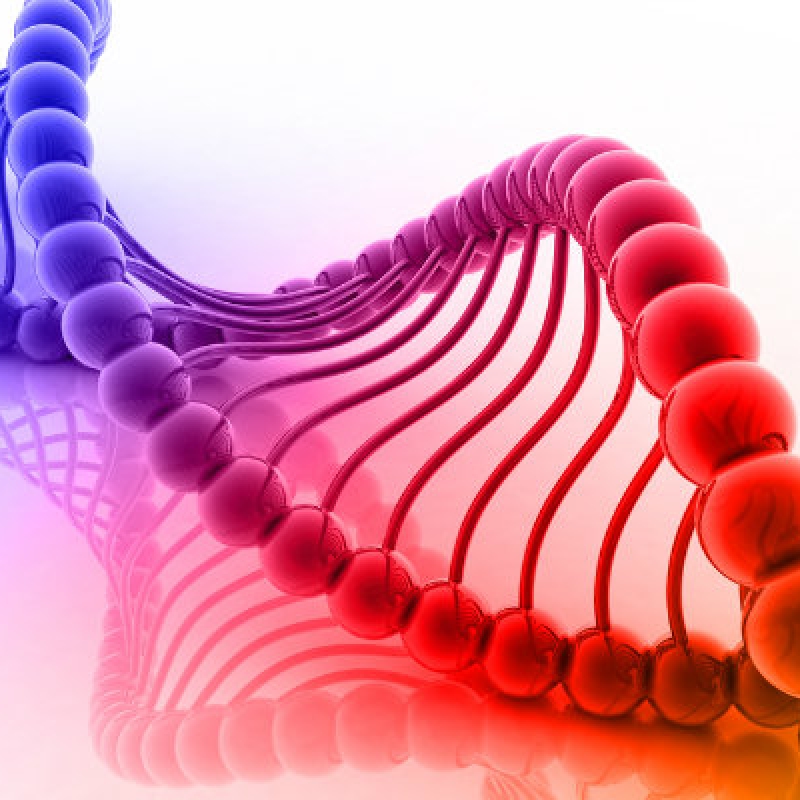Several factors are related to the increased risk of developing breast cancer such as: age, endocrine factors, reproductive history, behavioral and/or environmental factors, and genetic and/or hereditary factors.
Among all the factors related to breast cancer, we have family cancer, which is related to the presence of mutations in certain genes transmitted in the family, especially BRCA1 and BRCA2. Women with a history of cases of breast cancer in consanguineous relatives, especially at young age; of ovarian cancer or breast cancer in men, may be genetically predisposed and are considered at high risk for the disease.
What is BRCA1 and BRCA2?
BRCA1 and 2 are types of anti-cancer, they are like a defense mechanism to "fix" the damages that occur in the DNA of our cells. They repair damaged lesions, not letting the cells lose their functions and come to reproduce without control, causing a tumor.
When these two genes mutate, they stop defending the organism. So, the woman who has the mutation in these two genes is at greater risk of developing cancers, precisely the breast and ovary.
How to detect the mutation?
To verify the presence of the altered BRCA1 and BRCA2 genes, the "Genetic Mutation Detection" test is performed.
If the presence of the gene has been verified, if the patient agrees, a treatment option is prophylactic surgery for the removal of the breasts and ovaries.
Source: DrazioVarella.com

